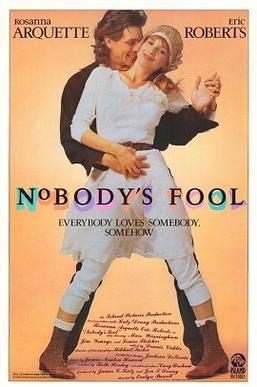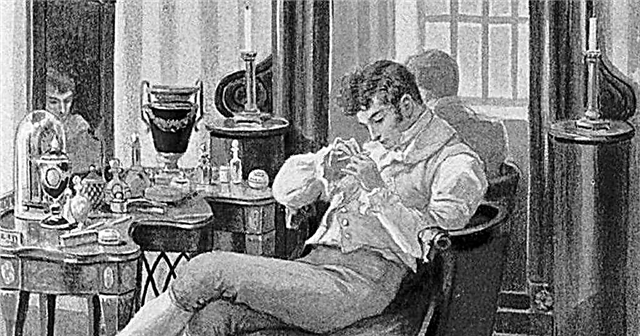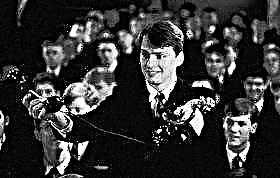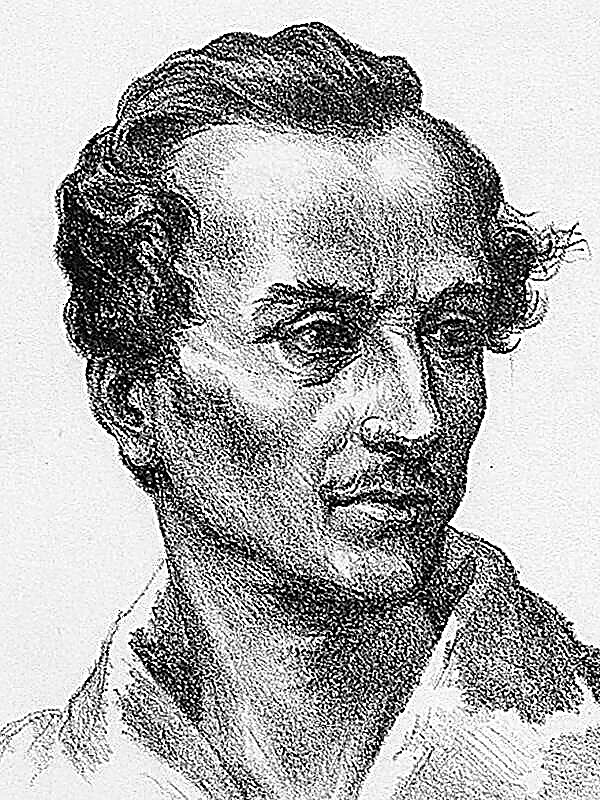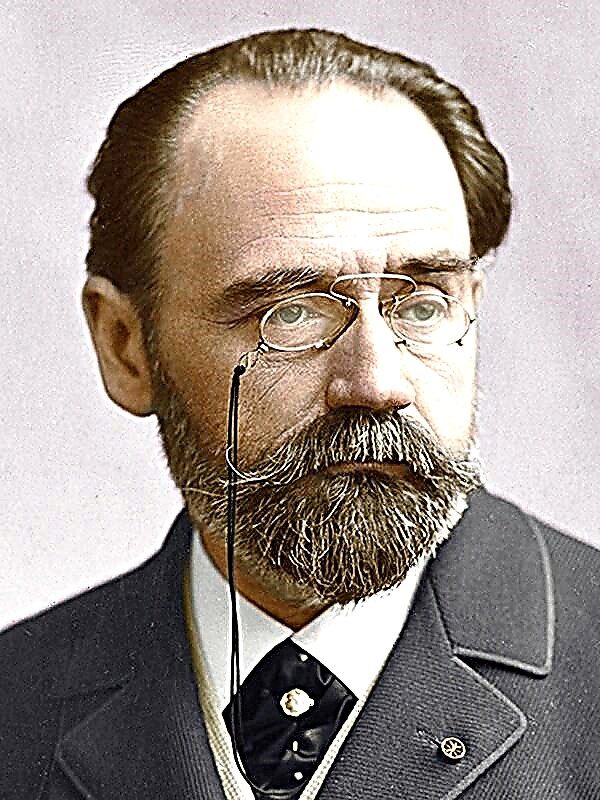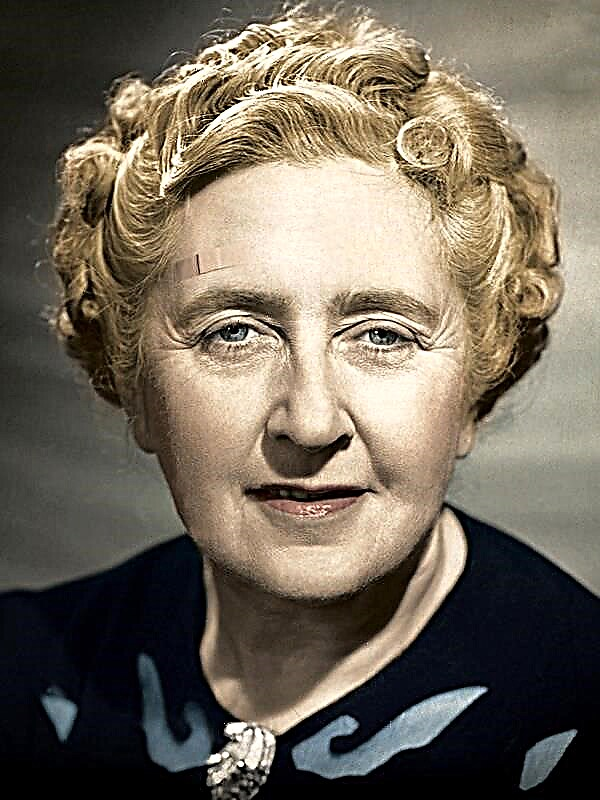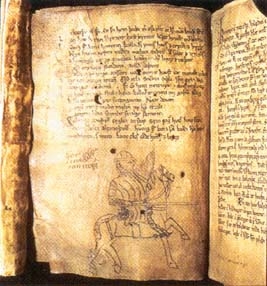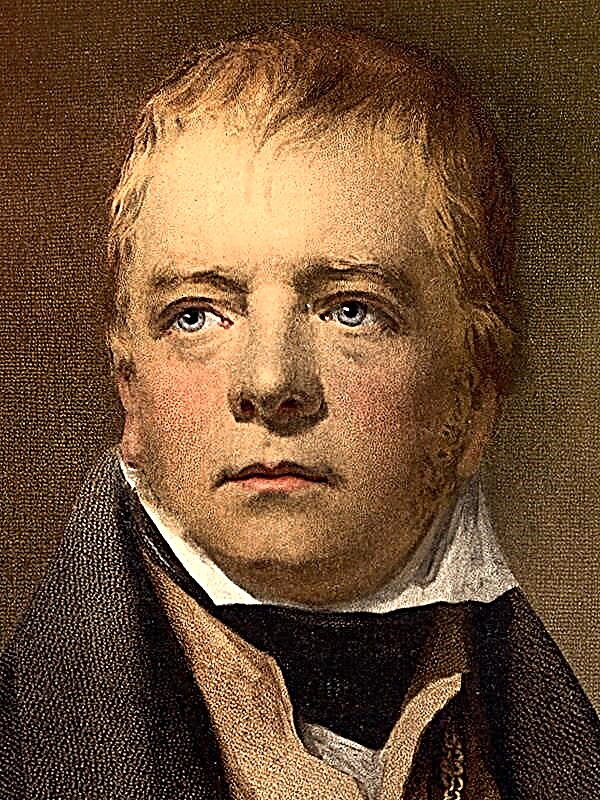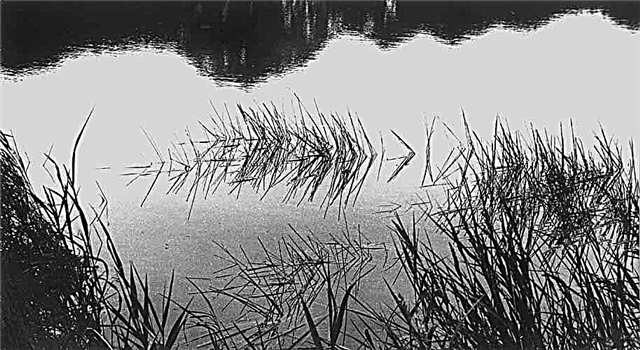(297 words) It is known that Zhukovsky’s work “Svetlana” was originally only a translation of the German ballad. However, later the writer significantly rewrote the text: replaced the names and added the “Russian character”. Such changes did not spoil the ballad. On the contrary, the poem has become more understandable and close to our people.
A special feature of the work of Vasily Andreyevich is the organic interweaving of Russian folklore into the narrative. The main events take place in the Epiphany party. From ancient times it is believed that this is the perfect time for fortune telling. Already from the first lines we see a listing of ancient rites: throwing a shoe, singing over a saucer with a ring, weeding snow, etc. So, the main character decides to find out her fate. The girl wants to see her narrowed and therefore chooses one of the oldest sacraments with a candle and a mirror. The writer conveys the atmosphere of ancient Russia well: a luminary, sled, a blizzard. But the narrative gloom invades these images. Fortune-telling for the church is considered a sin, and Svetlana violated this commandment. The harbinger of tragedy is the image of a black raven who has croaked “sadness”. The raven is a symbol of death, it is this bird that flies to the battlefield and feeds on carrion. The heroine is surrounded by a blizzard, which makes you feel the grave cold, the breath of death. And finally, a coffin is visible in which she notices her fiance. The culmination of action reaches in the hut, as if located on the border between the world of the living and the dead. At the moment when everything seems hopeless, the girl turns her thoughts to God, which becomes her salvation. Svetlana sees a snow-white dove, who saves her and covers her with her wings. The dove is a symbol of peace; in this bird the Holy Spirit incarnated more than once. As if this guardian angel is trying to protect the young damsel from darkness. Gradually, everything around begins to lighten, and the heroine wakes up. It turns out that all this was just a dream. The thought that the evil spirits receded, the rooster singing, symbolizing the sunrise, completes the idea. And at the same moment, her "darling" returns to Svetlana.
It was an appeal to old beliefs, signs and folk traditions that helped Zhukovsky’s work convey our national character and show the life of the Russian people.

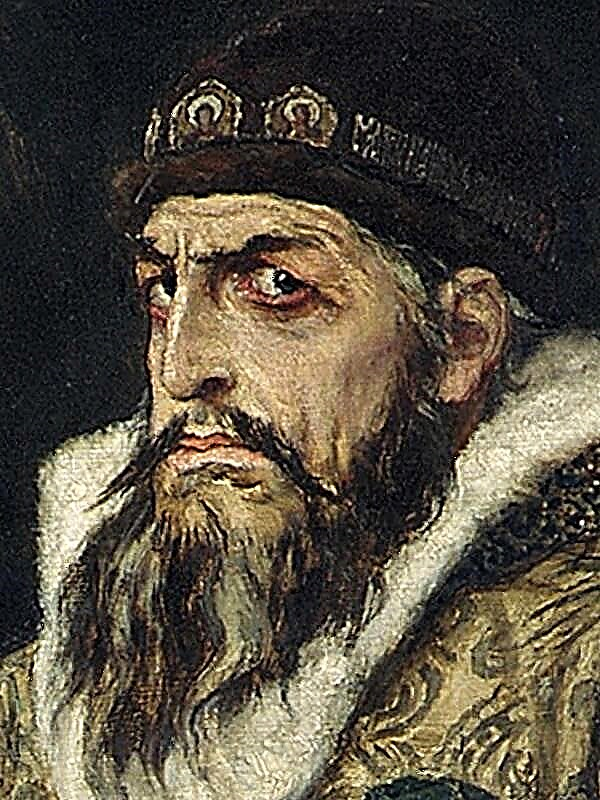
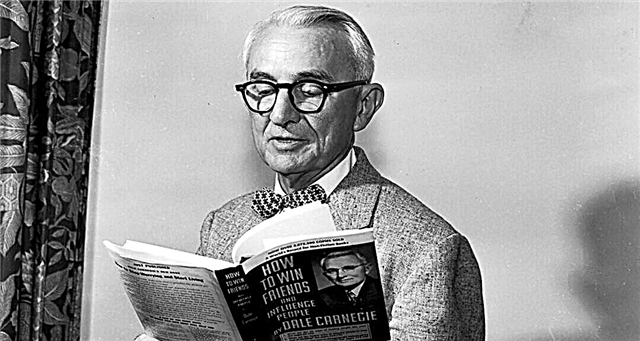 How to make friends
How to make friends